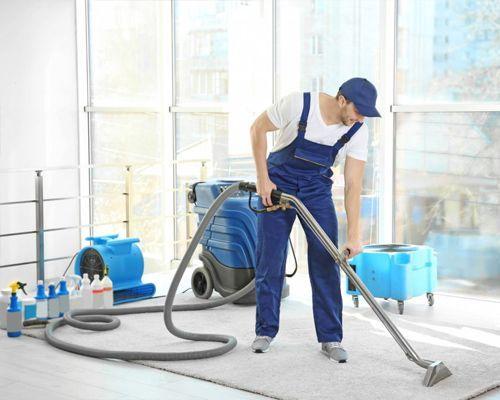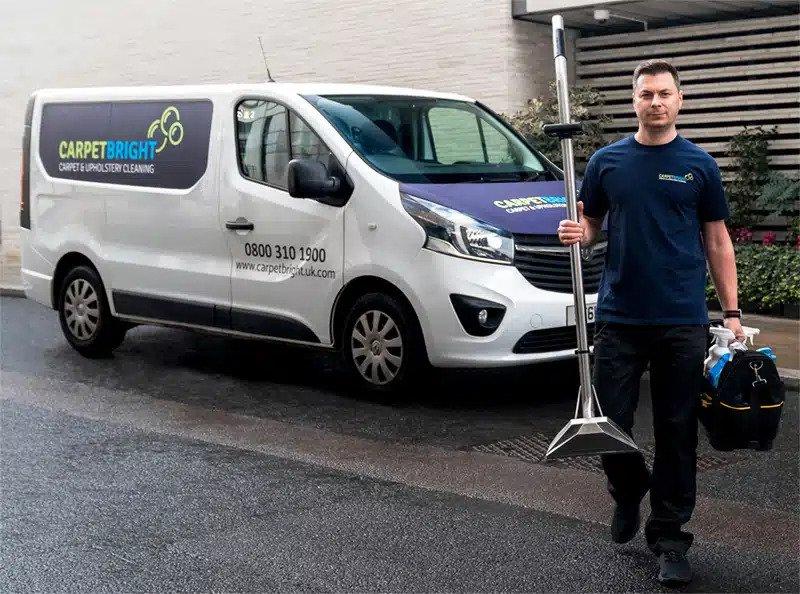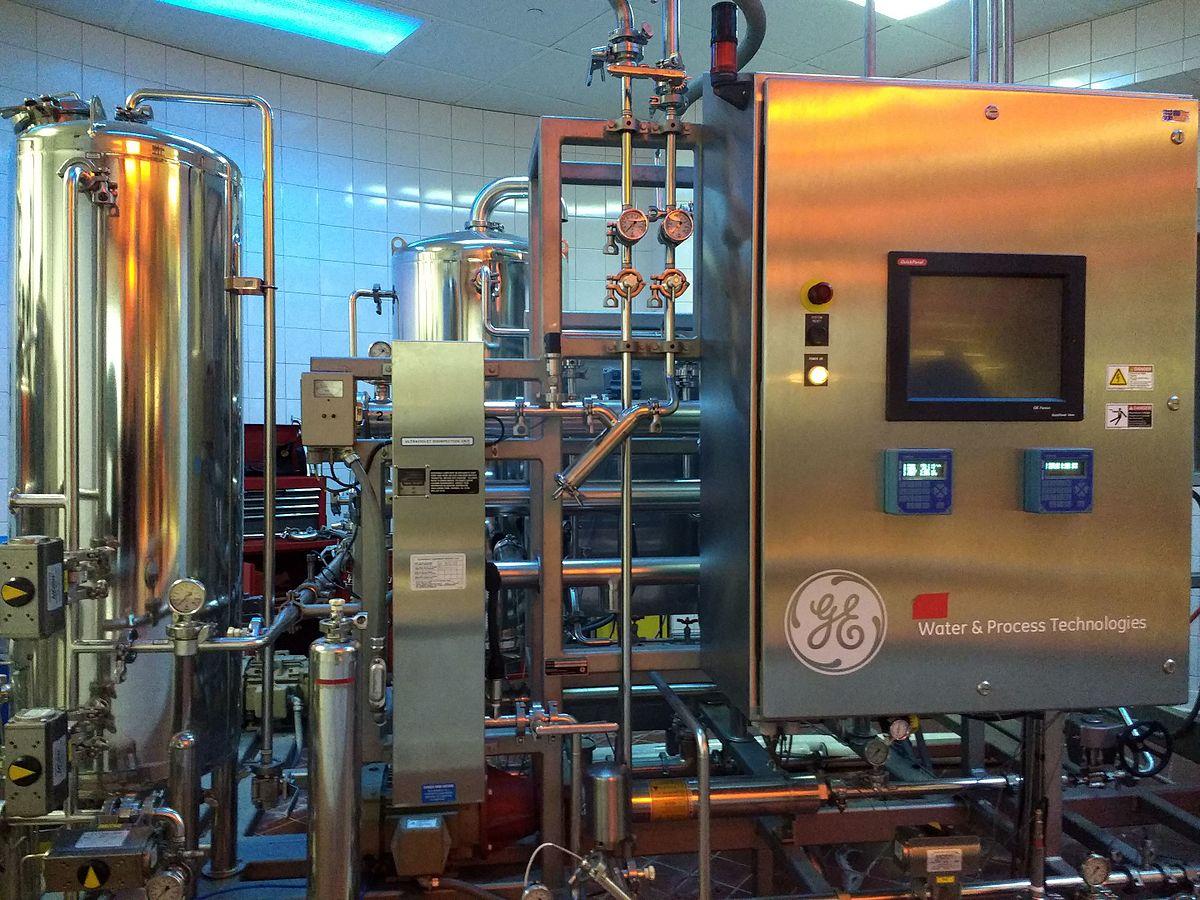
Where college spires meet glass-fronted labs and punts brush past tech start-ups on the Cam, the business of cleanliness in Cambridge is as varied as the city itself. From student flats off Mill Road to Victorian terraces in Newnham, high-spec offices around the station to clinics near the Biomedical Campus, every corner generates its own kind of mess-and its own demand for professional care.
Choosing a cleaning service here is rarely one-size-fits-all. Term-time churn squeezes end-of-tenancy slots; hard water leaves stubborn limescale; period features call for gentle methods; and tight streets and permit zones complicate scheduling. Many households now ask for eco-friendly products, employers expect vetted and insured staff, and specialist environments-from labs to medical suites-require strict compliance and documented procedures.
This article maps the local landscape: the types of services on offer (regular domestic, deep cleans, builders’ and end-of-tenancy, commercial and specialist), what’s typically included, how pricing and lead times work across CB1-CB5 and nearby villages, and which accreditations and checks matter. You’ll find practical questions to ask, tips for booking around peak demand, and pointers for matching a provider to your space. The aim is straightforward: a clear guide to cleaning services in Cambridge, grounded in how the city actually lives and works.
Table of Contents
- Cambridge choices that stand up to scrutiny, confirm insurance DBS checks COSHH competence and recent local references
- From colleges to listed terraces and labs, match the clean to student turnovers delicate materials and controlled environments
- Clarity before the first sweep, agree tasks timings supplies access and fair cancellation terms in writing
- Greener sparkle for historic spaces, choose plant based products refillable kits microfiber and low moisture techniques to protect stone and wood
- Future Outlook
Cambridge choices that stand up to scrutiny, confirm insurance DBS checks COSHH competence and recent local references
Choose teams whose professionalism is easy to verify. Ask for real documents, not promises: proof of cover, staff vetting, and chemical safety training that meets UK standards. Local credibility matters too-current testimonials from CB postcodes carry more weight than generic praise, and they reveal how crews perform under everyday conditions in schools, labs, offices, and heritage homes.
- Verified insurance: Public liability (ideally £5m) and employer’s liability, with matching company names and valid dates.
- Current DBS clearance: Disclosure and Barring Service checks for anyone on site; Update Service status where applicable.
- Proven COSHH competence: Training records, risk assessments, and accessible MSDS; safe storage and labelled decanting.
- Recent local references: 2-3 contacts from the last 3-6 months in Cambridge, relevant to your sector and site size.
- Transparent oversight: Scheduled quality audits, incident logs, and clear keyholding/security protocols.
To make comparisons effortless, use the quick-check grid below before you sign a contract. It helps you spot the providers who back up their pitch with tangible, recent proof.
| Credential | What good looks like | Verify fast |
|---|---|---|
| Insurance | £5m+ public liability; employer’s liability active | Check names, dates, insurer on PDF |
| DBS | Enhanced/Standard for on-site staff, < 24 months | View certificate or Update Service status |
| COSHH | Induction + annual refresh; MSDS on site | Spot-check training log and product labels |
| References | 2-3 Cambridge clients (last 3-6 months) | Call and ask about punctuality, fixes |
| Quality audits | Monthly checks; 24h incident response | Request last audit summary |
| Security | Named keyholders; sign-in/out trail | See policy + sample log page |
From colleges to listed terraces and labs, match the clean to student turnovers delicate materials and controlled environments
In Cambridge, UK, the standard of clean is shaped by the space itself: rapid student turnovers that need swift, restorative finishes; heritage corridors with delicate materials that demand conservation-friendly touch; and research suites where controlled environments hinge on consistent particle counts. We tailor scope, chemistry and tooling to the substrate and risk level-pH-neutral solutions for stone and limewash, microfibre systems that protect patina, and H13/H14 HEPA capture for air-critical areas-so every surface is cared for without compromise.
Our approach blends discretion with measurable outcomes: RAMS drafted for every site, COSHH adherence, ATP and particulate monitoring where needed, and scheduling that respects term timetables, ceremonies and instrument downtimes. From porter’s lodges to fume-hood banks, we align methods to purpose-quiet, fast turnarounds for student sets, conservation-led detail for listed terraces, and validated protocols for labs-delivering a clean that is evidence-backed and fabric-safe.
- Collegiate spaces: quick resets between lets, mattress sanitisation, gyp-room degrease, zero-residue finishes for fast re-occupation.
- Heritage interiors: dry extraction, museum-grade microfibre, neutral cleaners, test patches, minimal moisture on timber and stone.
- Laboratories: HEPA-filtered vacuums, alcohol-based wipe-downs per SOP, particulate checks, waste stream segregation.
- Common exteriors: soft-wash on façades, low-pressure rinsing, biofilm control that preserves mortar and brickwork.
- Assurance: DBS-checked teams, PAT-tested equipment, supervisor sign-off with photo logs and optional ATP snapshots.
| Area | Method | Kit | Frequency | Proof |
|---|---|---|---|---|
| Student room | Turnover deep clean | Microfibre, enzyme, steam spot | End of term | Checklist + photos |
| Listed stairwell | Dry dust + neutral wipe | Conservation cloths, pH 7 | Weekly | Supervisor sign-off |
| Wet lab | Disinfect + HEPA vac | EN-approved wipes, H14 | Daily | ATP quick test |
| Reading room | Low-noise dust control | HEPA vac, anti-static cloth | Nightly | Logbook entry |
| Terrace façade | Soft-wash | Biocide, low-pressure | Seasonal | Before/after images |
Clarity before the first sweep, agree tasks timings supplies access and fair cancellation terms in writing
In Cambridge, clarity saves time for both households and facilities teams. Before anyone lifts a duster, put the essentials in writing-email or booking form works-so expectations are crisp and auditable. Align on the exact scope, the time window, who brings supplies, how cleaners gain access, and what counts as a fair cancellation. Use a short checklist to lock it in, especially if your property sits behind permit parking or a communal entrance.
- Scope of work: Rooms and tasks (e.g., oven, limescale, inside fridge); note exclusions.
- Timings: Arrival window and duration; include buffer for city-centre traffic or parking.
- Supplies: Client or cleaner provided; preferred brands; eco options; allergy notes.
- Access & security: Key safe code, porter/reception, alarm instructions; who’s present.
- Cancellation terms: Notice period (24-48h), fees, late reschedule rules, emergency waivers.
- Site notes: Pets, parking constraints, appliance warranties, waste disposal rules.
For quick reference, tailor a simple, shared summary that fits a Mill Road flat or a CB1 office suite, then keep it attached to the booking confirmation.
| Item | Agreed | Notes |
|---|---|---|
| Tasks | Kitchen + Bath deep | Oven in; windows out |
| Schedule | Wed 09:00-11:00 | 30-min arrival window |
| Supplies | Cleaner | Eco-only; fragrance-free |
| Access | Key safe | Code shared day before |
| Parking | Permit | Client provides visitor pass |
| Cancellation | 24h notice | 50% under 24h; waived for emergencies |
Greener sparkle for historic spaces, choose plant based products refillable kits microfiber and low moisture techniques to protect stone and wood
From collegiate halls to listed townhouses, delicate surfaces deserve a light touch that still delivers a luminous clean. We prioritise plant-based concentrates with a pH-neutral profile, refillable kits to cut packaging, and microfibre systems that lift dust without abrasion-ideal for limestone flags, encaustic tiles, and time-worn oak. Our low‑moisture approach-mist mopping, encapsulation pads, and precise spot treatments-minimises water exposure, helping to preserve natural patina and tight joints while speeding dry times for uninterrupted schedules across Cambridge’s cultural and residential landmarks.
- Plant-based concentrates: solvent-free, residue-light, surface-respectful
- Refillable bottles: durable glass or aluminium with measured caps
- Microfibre toolkit: looped pads, colour-coded cloths, edge-detail mitts
- Low-moisture methods: fine mist, foam encapsulation, controlled dwell
- Stone & wood care: neutral pH, grain-aware strokes, grout-safe passes
| Surface | Eco Solution | Low-Moisture Touch | Refill Item |
|---|---|---|---|
| Aged oak stairs | Plant-based neutral soap | Microfibre mist mop | Wood-care concentrate |
| Limestone flags | Stone-safe botanical cleaner | Foam pad encapsulation | Stone rinse add-on |
| Encaustic tiles | Mild natural surfactant | Detail spritz + hand buff | Tile revive refill |
Every visit begins with spot-testing in inconspicuous areas and a grain-and-grout assessment to calibrate moisture and agitation. Quiet, HEPA-filtered equipment reduces disruption, while soft-bristle detailing protects edges, thresholds, and carved profiles. The result is a clean that’s clear, dry, and streak-free, supporting indoor air quality and conservation needs in Cambridge, UK. Benefits reach beyond shine: less waste from closed-loop refills, reduced risk of swelling or efflorescence, and workflows aligned with venue guidelines for libraries, galleries, and heritage homes.
- Preservation-first: protects finish, joints, and historic patina
- Faster turnaround: low moisture = minimal downtime
- Cleaner air: low-VOC formulas + HEPA capture
- Waste smart: refill cycles and reusable textiles
- Detail-driven: careful edges, thresholds, and inlays
Future Outlook
From willow-shadowed bends of the Cam to glass-fronted labs and storied courts, Cambridge moves at its own thoughtful pace. Cleaning services here are part of that quiet machinery, keeping homes, student lets, offices, and shops ready for the next lecture, launch, or lazy Sunday. As you compare providers, look for transparent pricing, flexible schedules, robust insurance, and verifiable references; methods and materials matter too, whether you prefer eco-friendly products or specialist care for older properties. Different spaces keep different hours-exam terms, conference seasons, school holidays-and the right service fits the rhythm rather than forcing it.
In the end, a well-kept environment is infrastructure you hardly notice when it works: unobtrusive, reliable, and enabling. In Cambridge, that might mean a terrace off Mill Road opened to light, a lab bench clear for the day’s experiments, or a shop floor set for the morning’s footfall. However you arrange it, the care behind the clean leaves more room for what the city does best: thinking, making, and living well.





